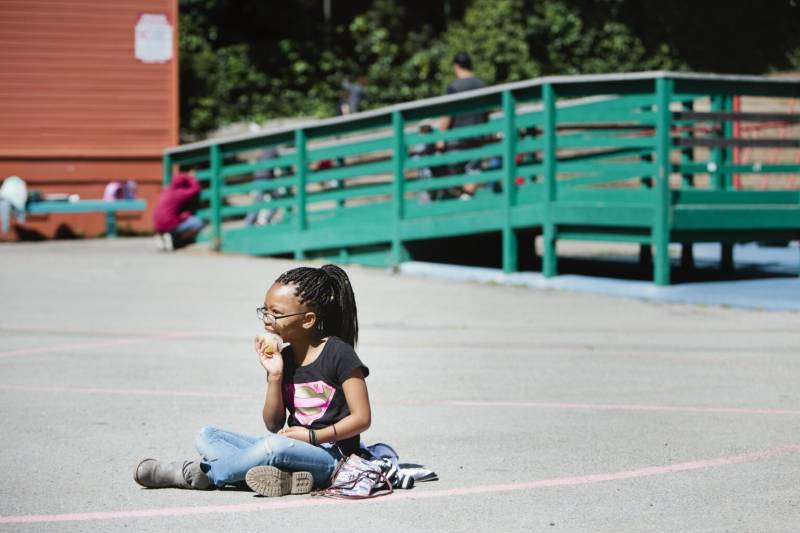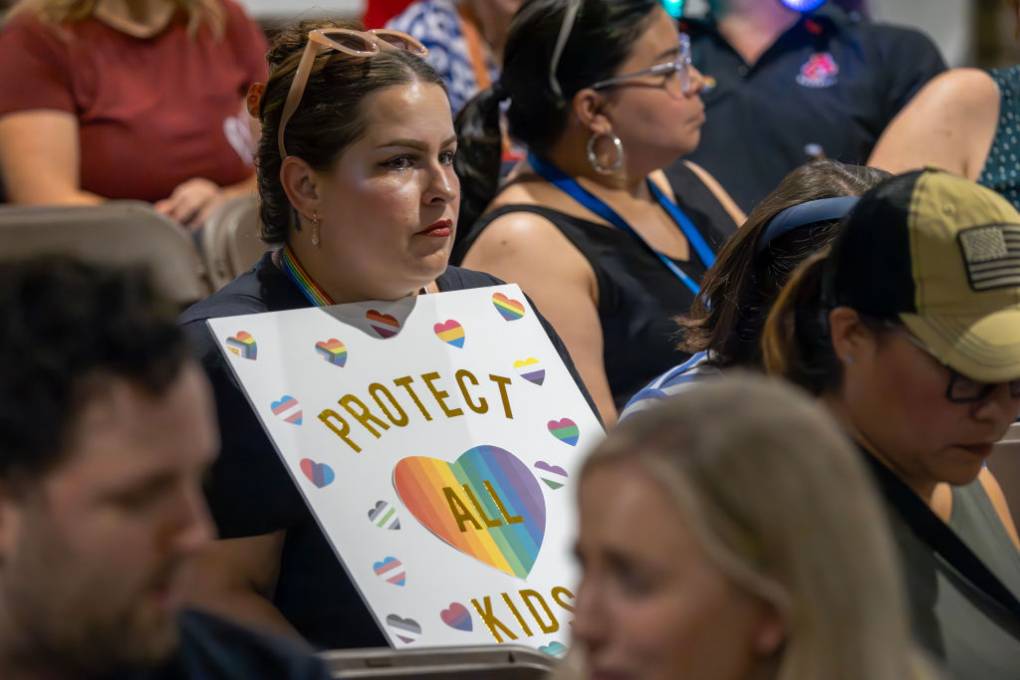The case
The lawsuit claimed that the district illegally denied meaningful instruction to Black students, students with disabilities and English learners; that special education teachers were not trained to teach disabled students grade-level standards, and that general education teachers were not trained to differentiate their instruction for disabled students.
According to the complaint, one plaintiff, special education teacher Michell Redfoot, claimed that the district dissuaded teachers from holding special education students to the same standards as general education students. Another plaintiff, Mark S., an English learner with autism, spent his school days doing arts and crafts and watching Disney movies instead of learning to read and write.
Pittsburg Unified meted out discipline, including suspensions and expulsions, to disabled students and Black students at disproportionate rates, the complaint stated. The district had one of the largest disparities between Black and white students in the state for days of instruction missed due to disruption or defiance, according to the suit. It also claimed that Black students were transported to psychiatric wards at three times the rate of other students.
Jessica Black said her daughter, who has since graduated from high school, is still traumatized from an incident when she was in the sixth grade, and the school called police, strapped her to a gurney and transported her to a psychiatric ward.
“The fact that the state sanctions this level of violence — that we pay for with tax dollars — is egregious,” Black said.
After the approval of the settlement at a meeting on Oct. 23, Pittsburg Unified board President Heliodoro Moreno read a statement on behalf of the board, stating that district practices affecting Black students, English learners and disabled students were not consistent with a district that views itself as a champion of equity and inclusivity.
“For instance, Black/African American students have and continue to have suspensions at a disproportionate rate than their peers,” according to the statement. “Our system requires consistent courage, honest dialogue, and continuous growth to interrupt practices that lead to disproportionate outcomes for our scholars, especially for some of our African American scholars and scholars receiving special education services.”
The settlement
Superintendent Janet Schulze said the district had been working to address issues even before the suit was filed and that the settlement process will ultimately improve the district in the long run.
“The settlement agreement is focused on areas where we still have work to do, and I see it as a positive outcome of a hard process,” Schulze said in a statement to EdSource.
The district agreed to hire two independent experts to create a plan to address the issues.
One expert, Mildred Browne, will address how the district disciplines students and places students into special education, while the other, Linda Cavazos, will address the district’s early literacy program for special education students with an emphasis on English learners.
The district had previously been working with Browne and recognized the importance of retaining her.
“It will allow us to continue and deepen the work we have been doing and were already doing when we were served with the lawsuit,” Schulze stated in an email to EdSource.
Under the agreement, working with the district, Browne and Cavazos will create a plan by next May and then, through 2028–29, monitor the district’s progress in implementing their recommendations. They will submit reports twice a year that will be publicly presented to the board.
The district had previously come under scrutiny for its special education practices. The 2021 suit alleges that the district failed to implement recommendations to improve special education evaluations made in 2016 by Frances Stetson, another consultant.
According to Stetson’s report, “the positives to report are few and the concerns are many.” It noted that the district fell below the state requirement that disabled students spend at least 80% of their day in a general education classroom — a concern echoed in the 2021 suit.
Nelson, the ACLU attorney, is hopeful that the district will address the issues this time because the settlement agreement is legally binding with accountability measures.
She added that the district has already taken important steps demonstrating good faith, such as eliminating “willful defiance” as a reason for suspension, ahead of a statewide requirement.
Pittsburg Unified was flagged by the California Department of Education for having significant “disproportionality,” which happens when students of a certain race or ethnicity in a district are three times more likely to be identified as having a disability, receiving discipline or being placed in special education for three years in a row.
Black students at Pittsburg Unified were more likely to be identified as having an emotional disability or other health impairment. But Schulze said the district is no longer flagged for significant disproportionality.



